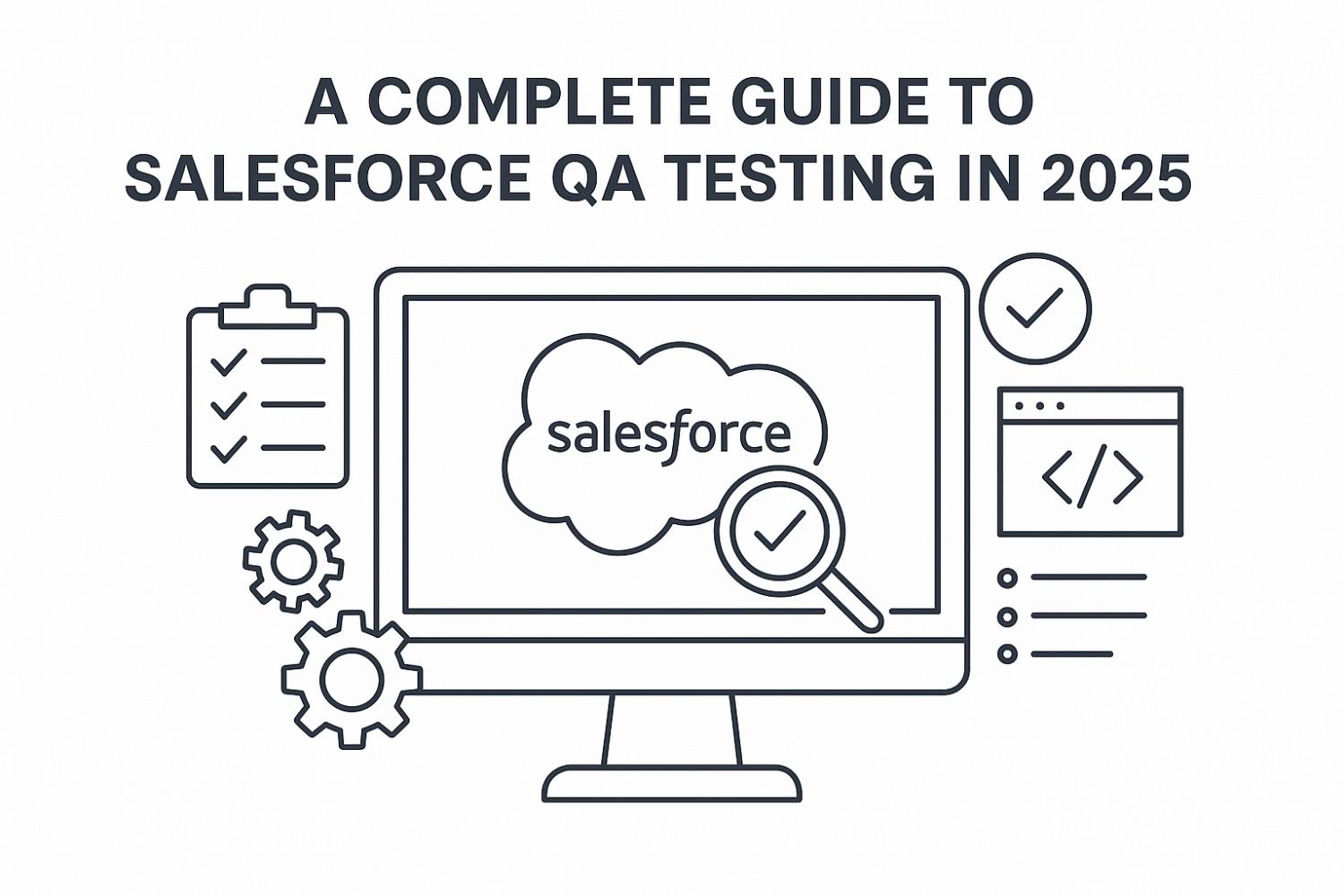
Running a restaurant in India is more than just serving food — it’s about curating experiences, preserving culinary traditions, and constantly innovating to delight diners. One of the biggest decisions a restaurateur can make is hiring the right chef. But beyond general cooking skills, there’s a huge advantage in bringing aboard a specialized chef — someone deeply familiar with a particular cuisine, technique, or region.
Here’s why hiring a specialized chef can transform your Indian restaurant — and how to get it right.
1. Authenticity that Speaks to Your Patrons
When customers walk into your restaurant expecting regional flavors — say Chettinad chicken, Hyderabadi biryani, or Bengali sweets — they’re looking for authenticity. A specialized chef brings that genuine depth:
- Regional mastery: They’ve grown up preparing or training in that cuisine, understanding subtle spice balances and local techniques.
- Consistency: Dishes maintain their signature taste day in and day out, which builds trust and repeat visits.
- Storytelling appeal: You can market the fact that your chef hails from— or trained in — that region. That adds a narrative your guests will love.
2. Menu Innovation and Differentiation
The restaurant market is crowded. Simply doing the “popular dishes” isn’t enough. A specialized chef helps you stand out:
- Creative fusion: For example, a South Indian chef might reinvent dosas with innovative filling combinations or adapt classic dishes for modern palates.
- Seasonal or regional specials: A chef specialized in a regional cuisine can introduce dishes outsiders may not yet know — “coastal Karnataka fish curry,” “Kashmiri noon chai with walnut bread,” etc.
- Better use of local ingredients: They know which local produce or spice varieties shine in their cuisine and can adapt dishes accordingly.
3. Quality Control and Efficiency
When your chef is deeply knowledgeable in one cuisine:
- Fewer errors & retrials: They understand ingredient behavior, cooking times, and techniques specific to that cuisine, reducing waste.
- Faster training for assistants: Supporting cooks learn the style more quickly since the lead chef’s instructions and expectations are clear.
- Standard operating procedures (SOPs) become sharper: For specialized dishes, recipes and methods can be codified more precisely.
4. Stronger Brand Identity & Marketing Story
A restaurant that claims to specialize in, say, “South Indian coastal cuisine by an expert from Kerala” sounds more compelling than generic “multi-cuisine.” A specialized chef helps you:
- Build a brand narrative: You can say “Chef (Name) trained in [Region] brings you authentic recipes.”
- Command premium pricing: Many diners are willing to pay more when they believe they’re experiencing something rare or expertly crafted.
- Earn media interest: Food writers and bloggers love niche stories — “Inside the kitchen of India’s only chef doing this regional dish in city X.”
5. Better Training & Skill Transfer to the Kitchen Team
A specialized chef is not just a cook; ideally, they’re a mentor:
- Deep knowledge transfer: They can teach your line cooks the nuances of regional spices, marinades, textures, etc.
- Standardization: With strong leadership, the entire kitchen can reproduce signature dishes even when the head chef is off-duty.
- Continual improvement: A focused chef often experiments and iterates, helping your menu evolve and stay fresh.
6. Operational & Financial Advantages
It’s easy to think specialization is more expensive, but it brings cost savings and efficiencies:
- Reduced wastage: Since the chef knows exactly how much of each spice or ingredient to use, leftovers shrink.
- Sourcing strength: Specialized chefs often have trusted suppliers (spice vendors, regional ingredients) and negotiate better deals.
- Higher margins: With unique, high-value dishes, you can justify higher price points and better profitability.
7. Flexibility in Expansion & Catering
If you ever want to branch into catering, pop-ups, or branches, having a specialized chef helps:
- Scalable signature dishes: You already have your stand-out menu formulas perfected.
- Replicable standards: Because the cuisine is well defined, you can more easily recreate it elsewhere.
- Catering differentiation: Offering a “regional chef’s special menu” becomes a strong selling point for events.
How to Hire (and Where to Begin)
So, you decide to hire a specialized chef. What’s next?
- Define the specialization clearly: Decide whether you want a chef who excels in Rajasthani, Chettinad, Malabar, Bengali, Kashmiri, or Indo-Western fusion, etc.
- Use a trusted recruitment partner: For instance, you can hire a chef for a restaurant in India through agencies that specialize in culinary recruitment. (link: https://www.alliancerecruitmentagency.com/hire-a-chef-for-a-restaurant-in-india/)
- Assess real test dishes: Ask candidates to prepare signature regional dishes or surprise you with one regional creation.
- Check their sourcing networks: A chef well connected in regional ingredient sourcing is a big plus.
- Cultural & team fit: Technical brilliance is important — but the chef should also gel with your kitchen staff and restaurant culture.
- Probation & feedback loop: Initially try them out on limited menus, get guest feedback, and monitor consistency.
Final Thoughts
In the crowded culinary landscape of India, hiring a specialized chef isn’t just about getting someone who can cook — it’s about securing authenticity, driving innovation, strengthening your brand identity, and ultimately delivering a differentiated dining experience. When you find the right specialized chef, your restaurant isn’t just another place to eat — it becomes a destination.




